Best In-Person and Remote Non-Verbal Learning Disorder Tutors in the NYC Metro Area
Expert in-person and remote Non-Verbal Learning Disorder Tutors | NYC Metro Area | Free Consultations. PRIVATE PAY TRAVELING TO:
New York City (NYC)
Manhattan
Brooklyn
Queens
Staten Island
Bronx
Long Island (including the Hamptons)
Westchester
New Jersey (NJ)
Connecticut (CT)

TESTIMONIALS
Non-Verbal Learning Disorder
What Is a Non-Verbal Learning Disorder?
A nonverbal learning disorder (NVLD or NLD) is a brain-based condition characterized by academic difficulties experienced by children of average or superior intelligence. These difficulties may also include struggles with socialization and interactions inside and outside of school. NVLD is characterized by poor visual, spatial, and organizational skills, struggles with recognizing and processing nonverbal cues, and difficulties with motor skills. Problems with executive function and higher-order information processing, math, and social skills may also be present in NVLD. Nonverbal learning disorder also presents unique challenges to adults. Learn the signs and symptoms of NVLD in adults.
Contrary to what its name may imply, non-verbal learning disorder doesn’t mean that a child does not speak. In fact, it’s quite the opposite. Individuals with NVLD struggle with interpreting non-verbal language and rely only on verbal communication to understand the message. This can be problem because approximately 93 percent of communication is non-verbal, which includes body language, facial expressions, and tone.
Grab Misnamed, Misdiagnosed, Misunderstood (recognizing and coping with NVLD from childhood through adulthood) today and equip yourself with this new knowledge and apply your understanding to your life to achieve the potential you were always meant to.

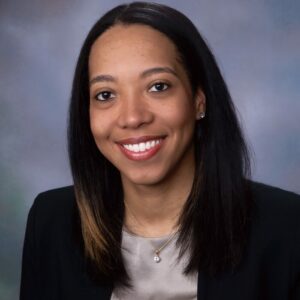
RHIA
Doctoral Candidate in Clinical Psychology

GLEN
New York State Licensed Special Education Teacher
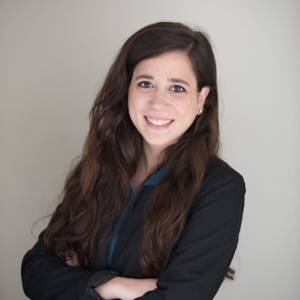
TOHAR
MA in Clinical Psychology, BS in Integrative Neuroscience
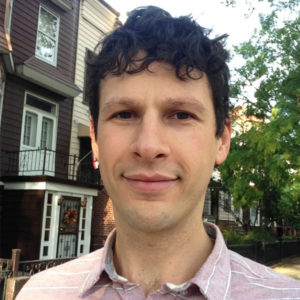
JACOB
Masters of Science in General and Special Education

MCEDWIN
M.S. in Special Education
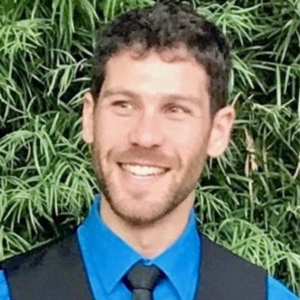
DAVID K.
Masters in Special Education and Trained in Orton-Gillingham
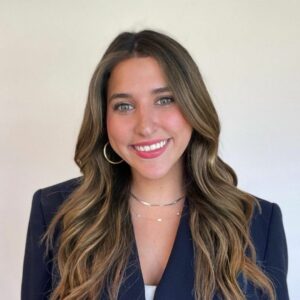
MELISSA S.
Ph.D. Candidate in School Psychology, Master’s in Special Education
**Guarantee: It’s critical that whoever receives our tutoring services connects with the specialist, the specialist has expertise in the area of need, and is available to travel to you. If you are not 100% satisfied with our services, we are 100% committed to finding you the right professional.
THRIVING WITH NVLD: LIVING WITH NONVERBAL LEARNING DISORDER ( A PERSONAL STORY)
Looking for Non-Verbal Learning Disorder Tutoring Service? Contact us!
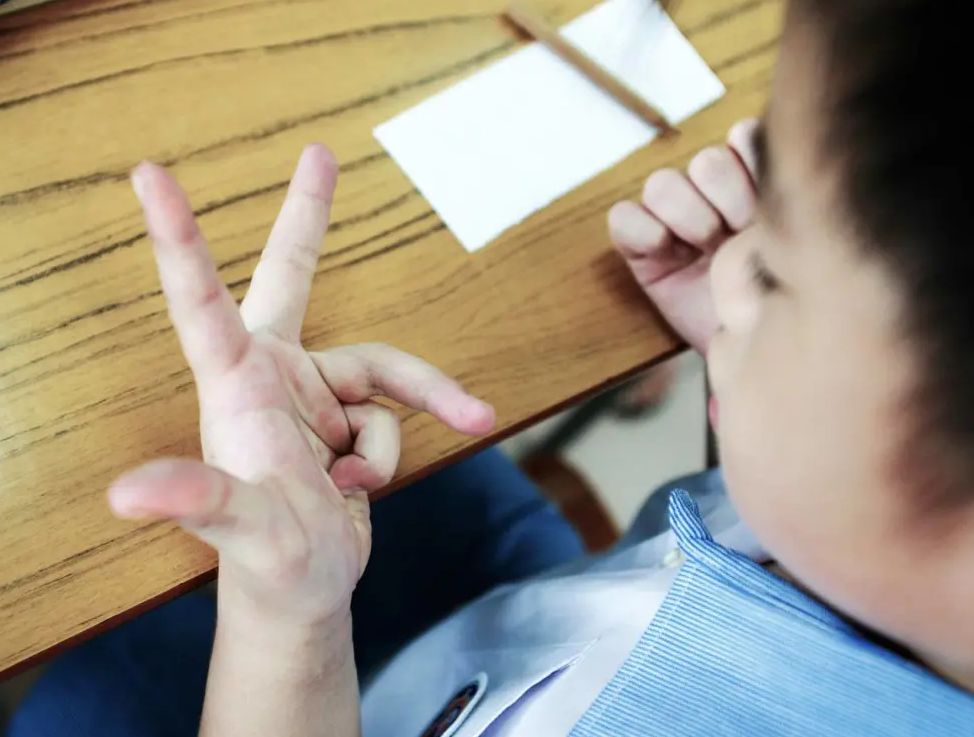
Symptoms
It can be difficult to identify the signs and symptoms of a nonverbal learning disorder because plenty of other conditions can fall under this overarching term. Not to mention, most children with NVLD do not exhibit all of these signs.
Because children with NVLD rely on verbal communication alone, they tend to speak more to compensate for their struggles with non-verbal clues. As such, they tend to have great memory, vocabulary, and verbal language skills. This is one of the reasons NVLD is often overlooked.
Despite this, a child with NVLD may have trouble with reading comprehension and higher forms of math, such as word problems. NVLD also includes deficiencies in fine and gross motor skills, so a child may find writing, riding a bike, or using scissors difficult.
Other signs of NVLD include:
- Difficulty with understanding and processing facial expressions and body language
- Talking “like an adult” at an early age
- Clumsiness or poor coordination
- Interrupting the flow of a conversation by asking too many questions and being repetitive
- Trouble with understanding spatial or unsaid information
- Visual and spatial problems
- Unable to “get” sarcasm, jokes, and other nuances
- Struggles with multistep directions and complex instructions
- Advanced verbal skills that overshadow other challenges
More About Non-Verbal Learning Disorder
Causes
Studies suggest that NVLD may be caused by a deficit in the right cerebral hemisphere of the brain, which is responsible for nonverbal processing. Rather than responding to specific social cues, the child may develop systems, such as rote memories of past experiences, to guide them as to how to react and behave in new situations.
Treatment
There is no single treatment plan that can be applied to all individuals with NVLD. Children with any learning disorder, however, benefit most from early intervention and support. Following observation and an initial assessment to determine a child’s specific needs, school-based professionals can develop a plan for both social and academic accommodations required for improvement. Extra practice time for developing skills in pattern recognition and thought organization, as well as counseling to help the child better understand social expectations, may be included in these interventions. To reinforce school-based learning and interventions, at-home strategies can also be implemented. A child can also benefit greatly from non-verbal learning disorder tutoring.
Because children are aware of their struggles, they may become sensitive about their troubles. Children with non-verbal learning disorders have an increased risk of developing generalized and social anxiety than their typically developing peers. In such cases, therapy may also be sought. Treatment approaches for different children will always depend on the type and severity of symptoms displayed.

How Can Themba Tutors’ Non-Verbal Learning Disorder Tutors Specialists Help?
Non-verbal learning disorder can present a number of learning challenges for children who have the condition. These difficulties revolve around pattern identification and recognition, such as visual patterns, abstract reasoning, social patterns, organizational skills, and math concepts. While some children struggle in many of these areas, some kids only need a little bit of help.
With the help of a non-verbal learning disorder tutor, you can pinpoint the exact areas where your child needs the most help. At Themba Tutors, our non-verbal learning disorder tutors will:
- Assess your child’s strengths and weaknesses and develop a learning profile to better understand his or her needs.
- Reinforce key areas and teach missing skills.
- Teach techniques and strategies to help your child identify and understand patterns.
- Develop your child’s social skills and guide them in social situations.
We work with individuals who have:
Themba Tutors
At Themba Tutors, we collaborate with a learning specialist, doctors, and parents to customize a program that will give your child the results you’re looking for. We believe that every student and individual can reach great skills and goals with proper guidance and teaching strategies. We recognize that students with a non-verbal learning disorder and other learning disorders have great intellectual capabilities, and all they need is the proper coaching. We realize that students with a non-verbal learning disorder often need to work on specific problems one step at a time. Our tutors will set up specific tasks related to a larger goal.
Themba Tutors is invested in driving your child to achieve academic success. If your child faces challenges and needs help with learning, we can offer our support to help them overcome these challenges. We can start tutoring your child as soon as you want.
Tutoring, Coaching, Learning Specialists, Academic Tutors Services
We have expertise in:
- Online Tutoring/Coaching
- English, and English Language and Arts (ELA)
- Literature
- Reading (Grades 1-12, and College)
- College Application Essay
- Writing (School-Age, College, and Adult)
- Song, Poetry, and Creative Writing
- Handwriting Tutors
- Math (Grades 1 to 12, College, Adult)
- Pre-Algebra, Algebra I, and Algebra II
- Geometry
- Trigonometry
- Pre-Calculus and Calculus
- Statistics
- Math Word Problems
- Exeter Math
- Biology (High School Biology, and AP Biology)
- Chemistry
- Physics
- Earth Science
- History and Social Studies
- Psychology
- Foreign Languages
- Test Prep (SAT, GRE, SHSAT, ISEE/SSAT, ELA, Regents, TASC, MAP Growth, LOTE Test, GED Test)
- Graduate School & Ph.D. Application Consulting
- Executive Functioning Skills (Grades 4 to 12, college, and adult)
- Adult Dyslexia Tutoring
- Adult ADHD/ADD Coaching
- Study Skills/Test Taking Tutoring
- International Baccalaureate IB Tutors
- Homeschooling
- Digital Literacy
- Computer Science
- Engineering Design
- Python and JavaScript Computer Programming (Coding) Tutoring
- Machine Learning
- Data Analytics, and Data Science
FREQUENTLY ASKED QUESTIONS
What is a nonverbal learning disorder?
Is nonverbal learning disorder a form of autism?
How do you teach a child with a nonverbal learning disability?
Chat with Themba Tutors Today! Our Non-verbal Learning Disorder tutors are ready to help you right now!
FREE CONSULTATION!!!
Call: (917) 382-8641, Text: (833) 565-2370
Email: [email protected]
(we respond to email right away!).


